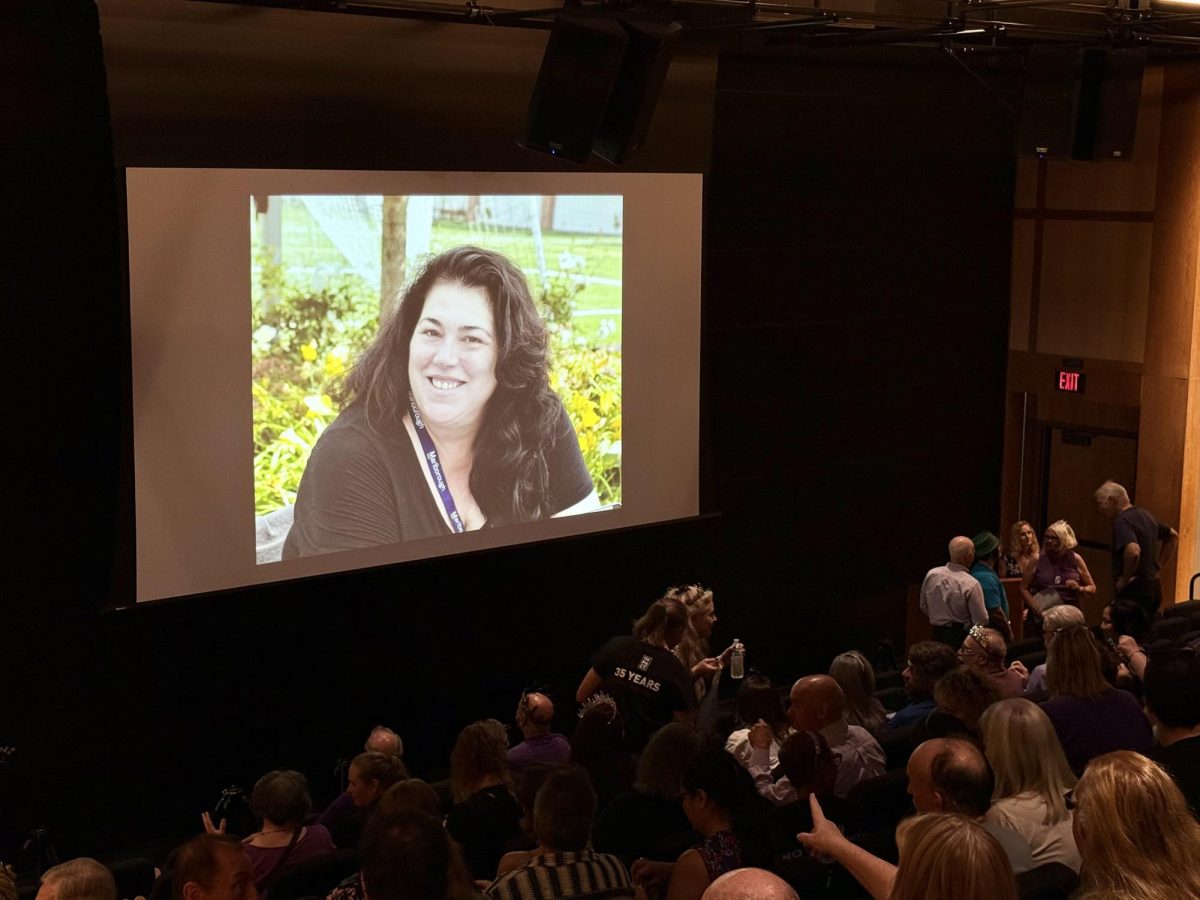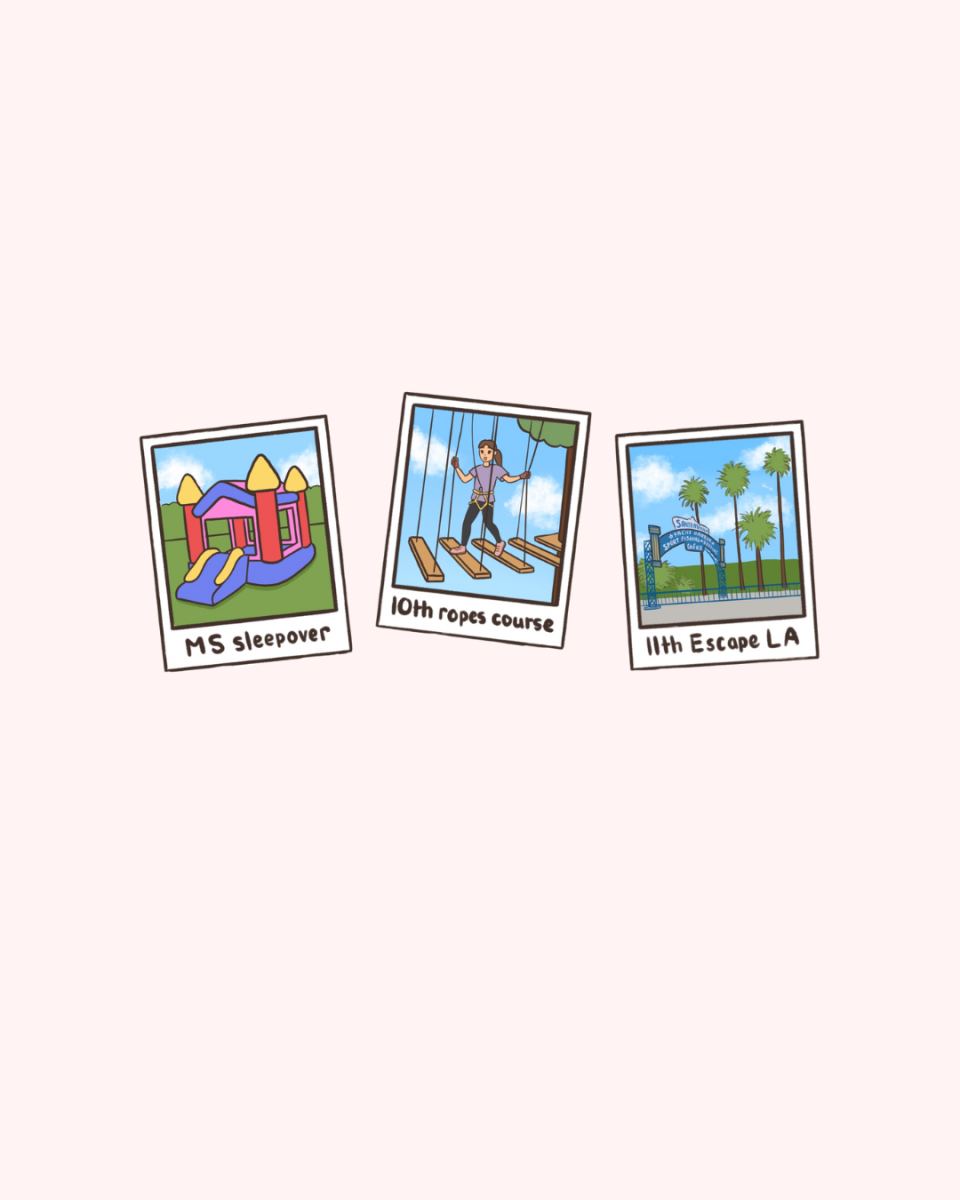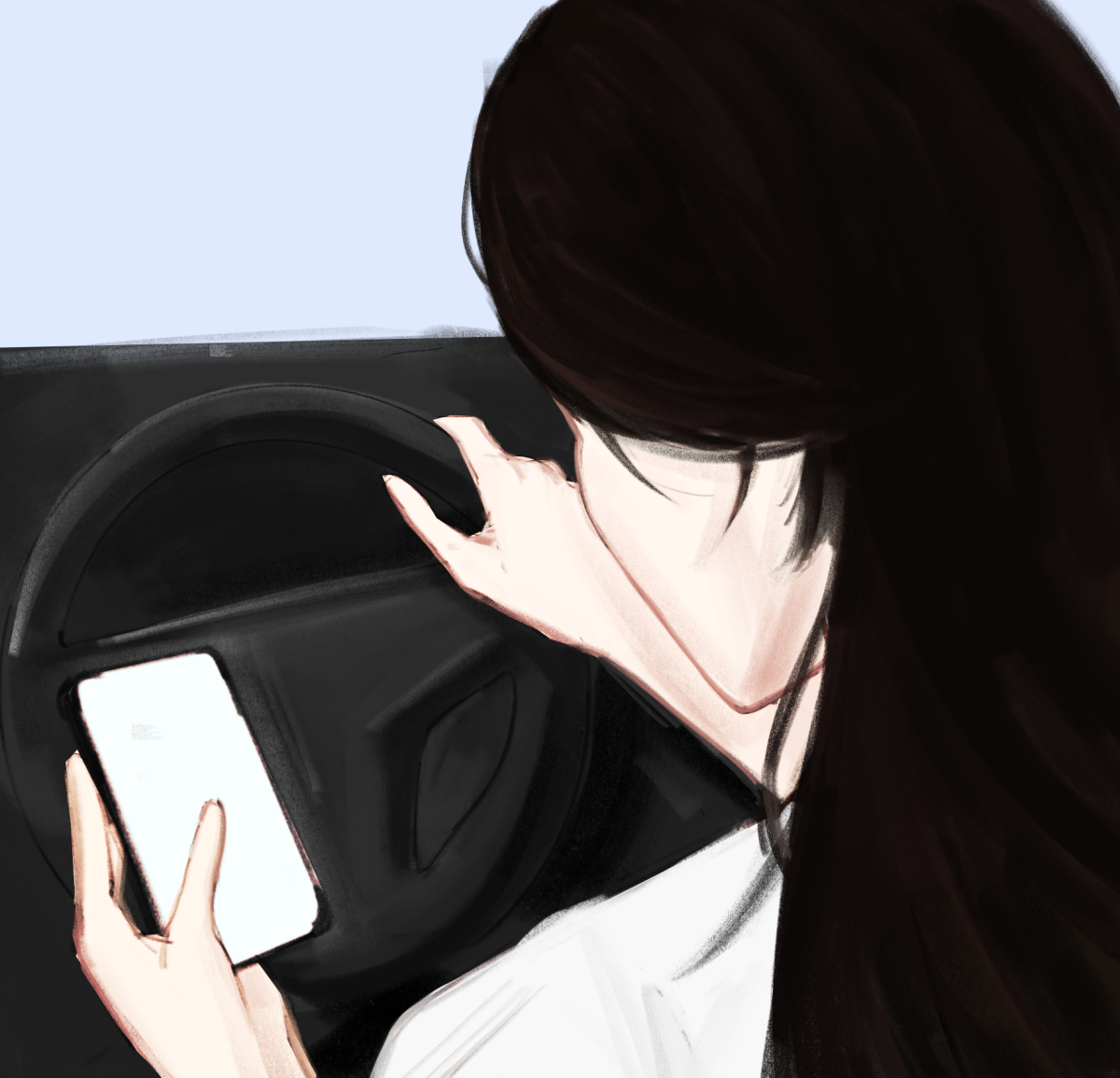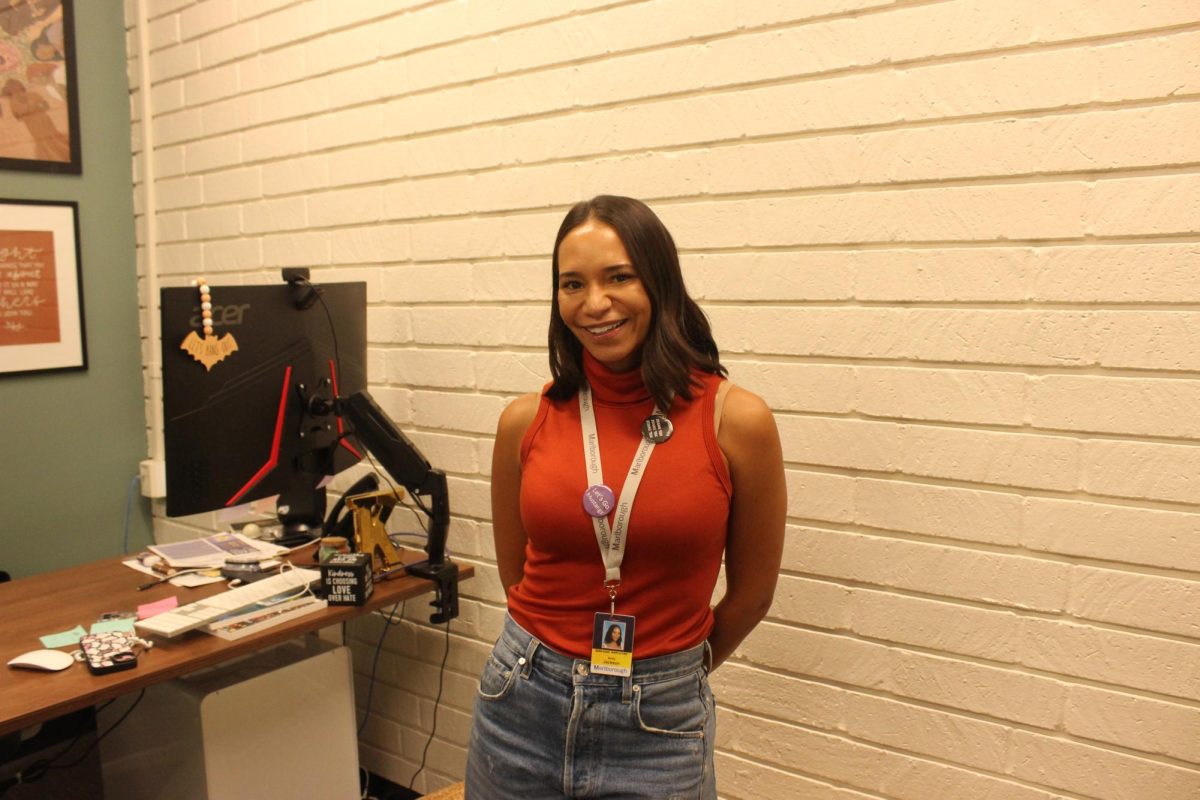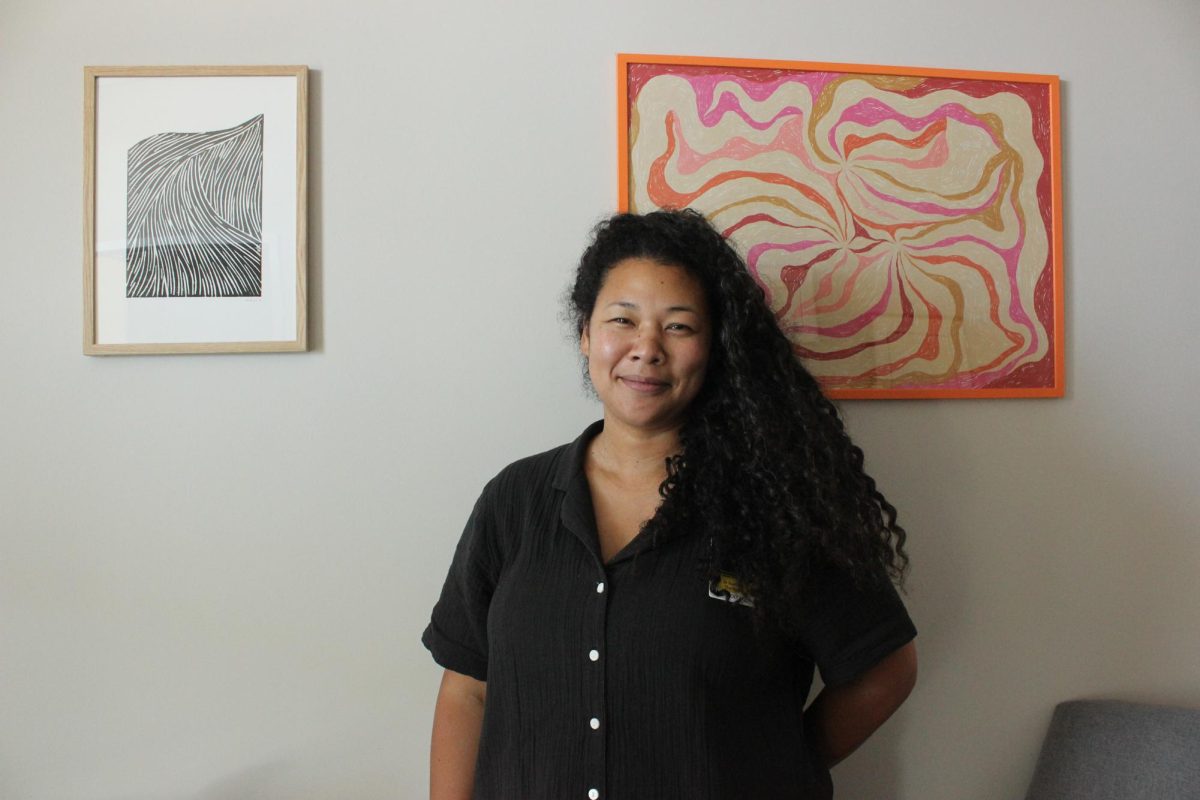
Lorde emerges from backstage and approaches the microphone, tucking her brown curls behind her ears and smirking at the audience as the electronic beat of “Tennis Court” begins to play. Lorde’s voice rises at her cue and fills the venue with an undulating melody. Her entranced fans belt out the lyrics they know by heart.
Child prodigies have always existed,in music, mathematics, sciences, engineering, medicine, sports, humanities and other arts. Today, musicians Ella Maria Lani Yelich-O’Connor and Jasmine van den Bogaerde, known by their stage names Lorde and Birdy, respectively, are popularly recognized as teen prodigies.
Lorde is a 17-year-old singer-songwriter from New Zealand. She was signed to Universal Music Group at age 13 and began writing her own music. In 2013, two of her songs, “Royals” and “Love Club” ranked numbers one and two on New Zealand’s Top 40 Songs, and “Royals” ranked number one on the U.S. Billboard Top 100 chart.
Birdy, also 16, began writing music at age eight. At 12, she won the Open Mic UK competition and in 2011 she gained popularity on YouTube with her cover of “Skinny Love” by Bon Iver, which currently has over 50 million views. She has released an album of covers and recently came out with an original album.
These prodigies’ success does not derive solely from their talent, but also from their age. Because Lorde and Birdy are 17 and 16 respectively, other teenagers listen to their songs because they feel a connection to them.
“I find it very easy to relate to Lorde because she sings about being in high school,” Zoah ’16 said.
Part of the reason that teen prodigies are so impressive is because they have accomplished so much at such a young age.
“Lorde is really talented but there are probably tons of adults who sound like her who probably are not going to be as famous because it’s more amazing that a 17-year-old sounds and can write music like that,” Madeleine ’16 said. If an adult were as talented as Lorde or Birdy, she might not receive as much recognition because it is excepted that adults will achieve in certain areas. An adolescent achieving greatness, however, increases the hype surrounding her feats.
Teen prodigies who have accomplished impressive feats can motivate other young people.
“For me it’s more like, ‘Oh I could do that too,’ or, ‘I could strive to be like that.’ It’s not like, ‘I would never be able to reach that,’” Lauren ’16 said.
Teen prodigies can also have the opposite effect, however, by discouraging other teens who haven’t accomplished as much.
“I always want to be amazing at that kind of stuff but it’s intimidating in a way because [teen prodigies] are my age and they’re still getting so much more done in life than I am,” Emily ’15 said.
School counselor Emily Vaughn explained that one’s general self-esteem influences his or her ability to support others’ success instead of feeling discouraged by it. She pointed out, “You don’t know how many thousands of hours [a teen prodigy has] put into it… But we don’t see that, we just see some 16-year-old singing like an adult and think, ‘Wow, that’s amazing.’”
People often attribute the success of teen prodigies to raw talent, but it’s easy to overlook the fact that even the most naturally gifted prodigies invest immense amounts of time and effort in developing their gifts.
“The thing I think that’s different for your peers than it was let’s say for me, was that you’re just confronted with [teen prodigies] all the time. All of the [YouTube videos], all the media, and then when someone like one of them is on there, it’s just constantly in your face. You know, maybe I read about Mozart, but I didn’t have him in my face all the time,” Vaughn said.

